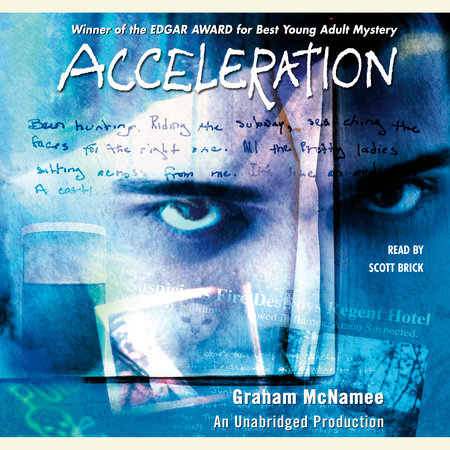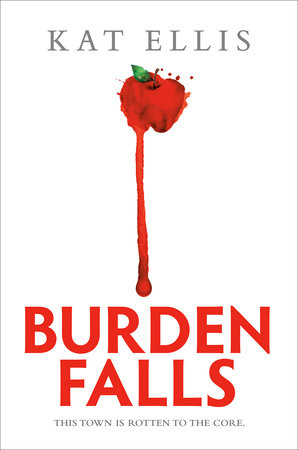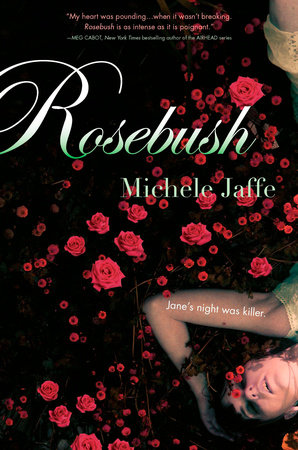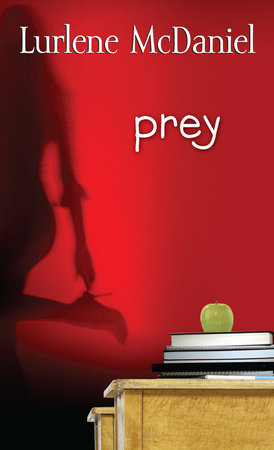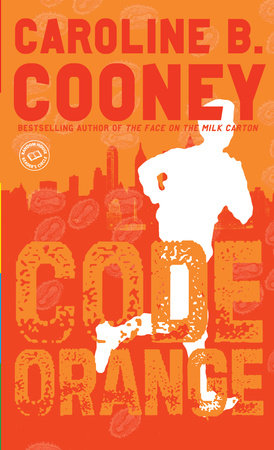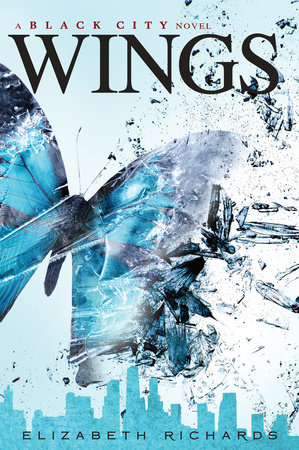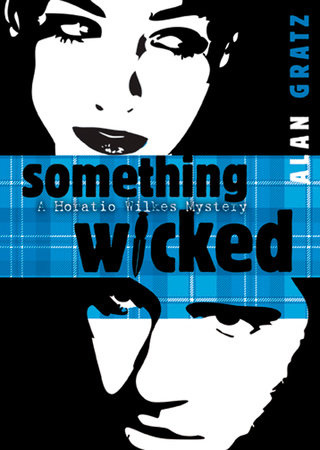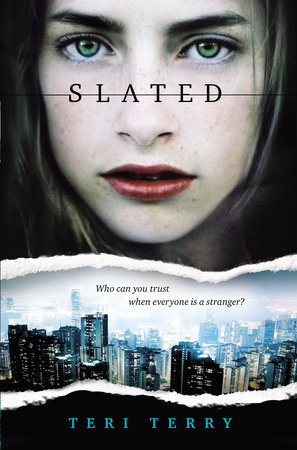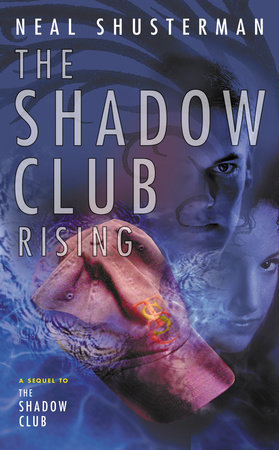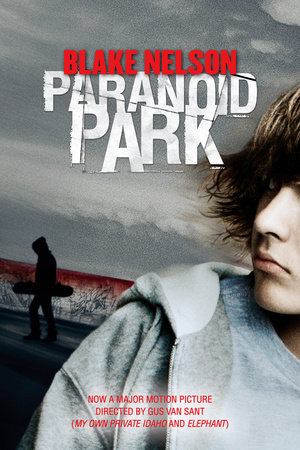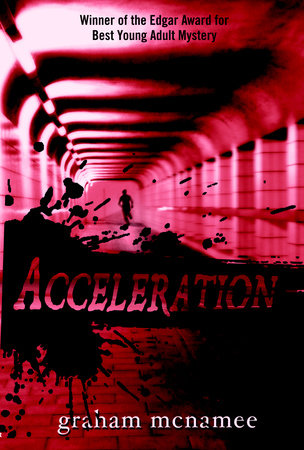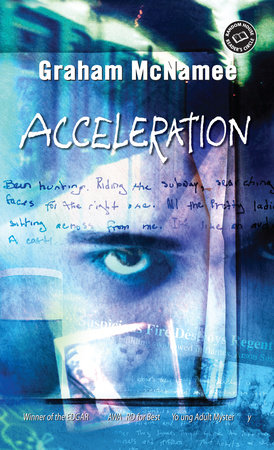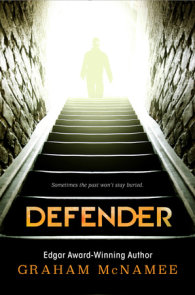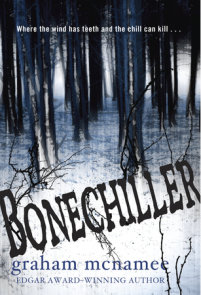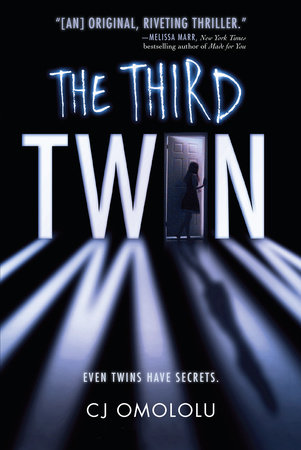Author Q&A
Q. What inspired you to write this story?
A. I love a good suspense novel. So I thought I’d set one where I grew up, with the kind of slacker guys I hung with, and give them the impossible task of hunting down an anonymous psychopath. Sort of like “What I did on my summer vacation” meets Silence of the Lambs. I wanted it to read like a movie, real visual and atmospheric, and to be something you could sink into, like quicksand.
Q. Tell us about your writing habits.
A. I usually write from midnight to four in the morning. Why? I don’t know. I get to feeling guilty for wasting the day doing nothing, so I make myself sit down, shut up, and just write something. I write on the computer, mainly because I can’t read my own handwriting.
Q. Did working on this book make you feel differently about the subway?
A. My buds and I used to hang out in the subway when we were young and bored. We’d do dumb stuff, like run from one platform across the tracks to the other side. We didn’t know about the third rail back then, the one that carries the electrical current and will fry you to ashes if you touch it. And we’d dare each other to run down the tunnel to thenext station. (Don’t try this at home, unless you want toget flattened into an idiot pancake.) Years later, when I was working downtown, I had to ride the subway during rush hour. Packedso tight you couldn’t move, me and the rest of the workforce droneswould wait on the platform for the next train. A lot of times I’d be standing at the front, my toes inches from the edge, and I’d think how easy it would be for someone to just give me a little shove, nothing conspicuous, and push me over the edge. Staring across at the platform on the other side, I tried to figure if I could squeeze in that little space under the edge. And every time, as the train rushed in, I’d feel a tiny tug of vertigo, like I was starting to fall. But I never did feel that hand on my back, pushing me over. And I never found out if I’d fit under the edge.
Q. Did you always know how Acceleration was going to end?
A. I knew the ending before I knew the beginning. I had the death scene in my head for months before I wrote it down, replaying it over and over so I got the choreography of it just right.
Q. The guys in Acceleration live in an apartment complex called the Jungle. Is this based on an actual place?
A. The Jungle is real. It’s located right on the edge of an industrial area in Toronto. There are factories, breweries, and a steel mill nearby. The city dump is two blocks away. It was a fun place for us to grow up, a great urban wilderness to adventure in. We’d raid the factory Dumpsters for stuff like defective rolls of decals and halfmelted toy soldiers. Stuff nobody wanted but us. At the dump we’d do target practice with my buds’ pellet guns. We didn’t go down in the sewers much, but there were big runoff drains where you could squeeze through the bars and go exploring underground. (One little note: rolled-up newspapers make bad torches—they burn fast and wild, and it takes months for your eyebrows to grow back.)
Q. This was your first thriller. How did writing it compare toyour other, very different books?
A. Tough question. I mean, after I write a novel and it comes out in stores, I always shake my head and say— “Man, I wrote a book?” I’m pretty clueless how I wrote those other novels. All my stuff is told in first person, and I have to really get in the character’s head to nail their voice so it sounds true. Once the book is done, the voice is gone. Kind of like an exorcism. Accelerationis darker and more intense than the others, and setting it where I grew up was kind of like going back home again, and waking up the ghosts.
Q. What was the hardest part to write?
A. Probably the animal mutilation stuff. I’m one of those freak vegetarians who won’t even eat eggs or dairy. I avoid honey because I’m never sure the bees are being treated nicely enough. So writing about this psycho who tortures small, furry creatures haunted me for a while.
Q. How much rewriting and revising do you do?
A. Endless rewrites. Sometimes the first draft is total garbage. I shred the pages, then burn them to ashes and bury them deep in the forest where nobody will ever find them. But I keep going, and eventually I come up with a decent sentence, then a catchy chunk of dialogue. And kind of by accident it starts to look like hiding in the stacks, hunting down details for some new story. Then I’d get hopelessly lost on the Internet searching for things that don’t exist. But I gotta tell you, research sucks. Too much work. You know how at the beginning of some mystery/suspense/thrillers the author will have these “acknowledgments” where they thank all the people who helped them get the details right? They’ll mention people like doctors, historians, lawyers, and cops. Well, I ain’t got those kinds of connections. The only people I know are white trash like me. So if I have questions about scrubbing toilets, working at McDonald’s, or defrauding Unemployment Insurance, then I’m in luck. Otherwise, I’m on my own. And screwed.
Q. Are any of the characters in Acceleration based on real people?
A. It’s more like I tossed a bunch of my buds into a blender and then saw what stuck together. There was a kid I knew with a deformed arm who was really smart and crafty, like Vinny. But thiswas one angry guy, and hanging out with him was like leaning on barbed wire. There were a couple of Waynes, basically criminal but easygoing guys, who like Wayne “never did a crime that had a face.” And Duncan? Well, I guess he’s me. The hero, of course. Only he’s got more balls, and he’s way less moody than me.
Q. Roach is such a scary, awful character. How did you think him up?
A. Roach came from research into the dark places twisted people go to feed their deviant desires. I had to read a bunch of ugly stuff about these grotesque personalities to something. It’s sort of like a blind guy building a house.
Q. How much research do you have to do before writing a book? Where do you do this research?
A. I used to work at a library, where I’d spend half my shift bring Roach to life. That kind of stuff leaves a stain on your soul. You know, once you see something you can’t un-see it. You just have to make sure you kill that Roach scuttling around in your head when the book is done, before it becomes an infestation.
Q. This could be considered a pretty violent story. What do you think about violence and the world we live in today?
A. I guess it’s a violent book. I mean, people get brutally beaten, cut, drowned, and run over by a subway. But still, come on, there were some laughs. It wasn’t all death and disfigurement. Seriously, I’m not really smart enough to say anything about violence and society. I mean, what do I know? Except maybe this—there’s a dark place in the human heart that can go undiscovered your whole life, where an animal capacity for violence lives. Maybe it’s hidden in that oldest reptilian core of our brains— the instinct that to fight is to live another day, to kill is to survive. But seriously, what do I know?
